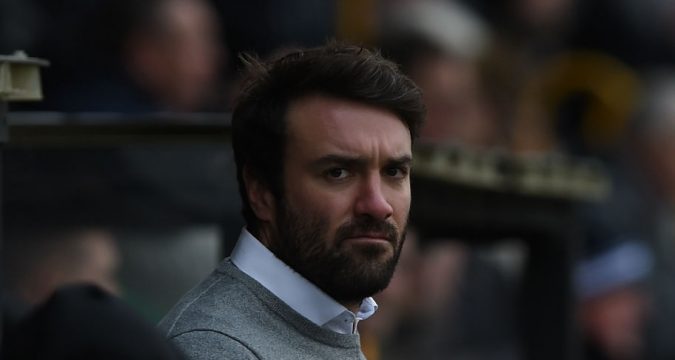 James Ford admits he looks back at his formative coaching days and cringes.
They started in his early 20s at Wakefield College and progressed through the junior ranks at York before he was appointed head coach of the Knights five and a half years ago.
Now, he is rated as one of the brightest young coaches in the British game, having led York to p
James Ford admits he looks back at his formative coaching days and cringes.
They started in his early 20s at Wakefield College and progressed through the junior ranks at York before he was appointed head coach of the Knights five and a half years ago.
Now, he is rated as one of the brightest young coaches in the British game, having led York to p York coach James Ford explains how teaching has helped his coaching career
 James Ford admits he looks back at his formative coaching days and cringes.
They started in his early 20s at Wakefield College and progressed through the junior ranks at York before he was appointed head coach of the Knights five and a half years ago.
Now, he is rated as one of the brightest young coaches in the British game, having led York to p
James Ford admits he looks back at his formative coaching days and cringes.
They started in his early 20s at Wakefield College and progressed through the junior ranks at York before he was appointed head coach of the Knights five and a half years ago.
Now, he is rated as one of the brightest young coaches in the British game, having led York to p 